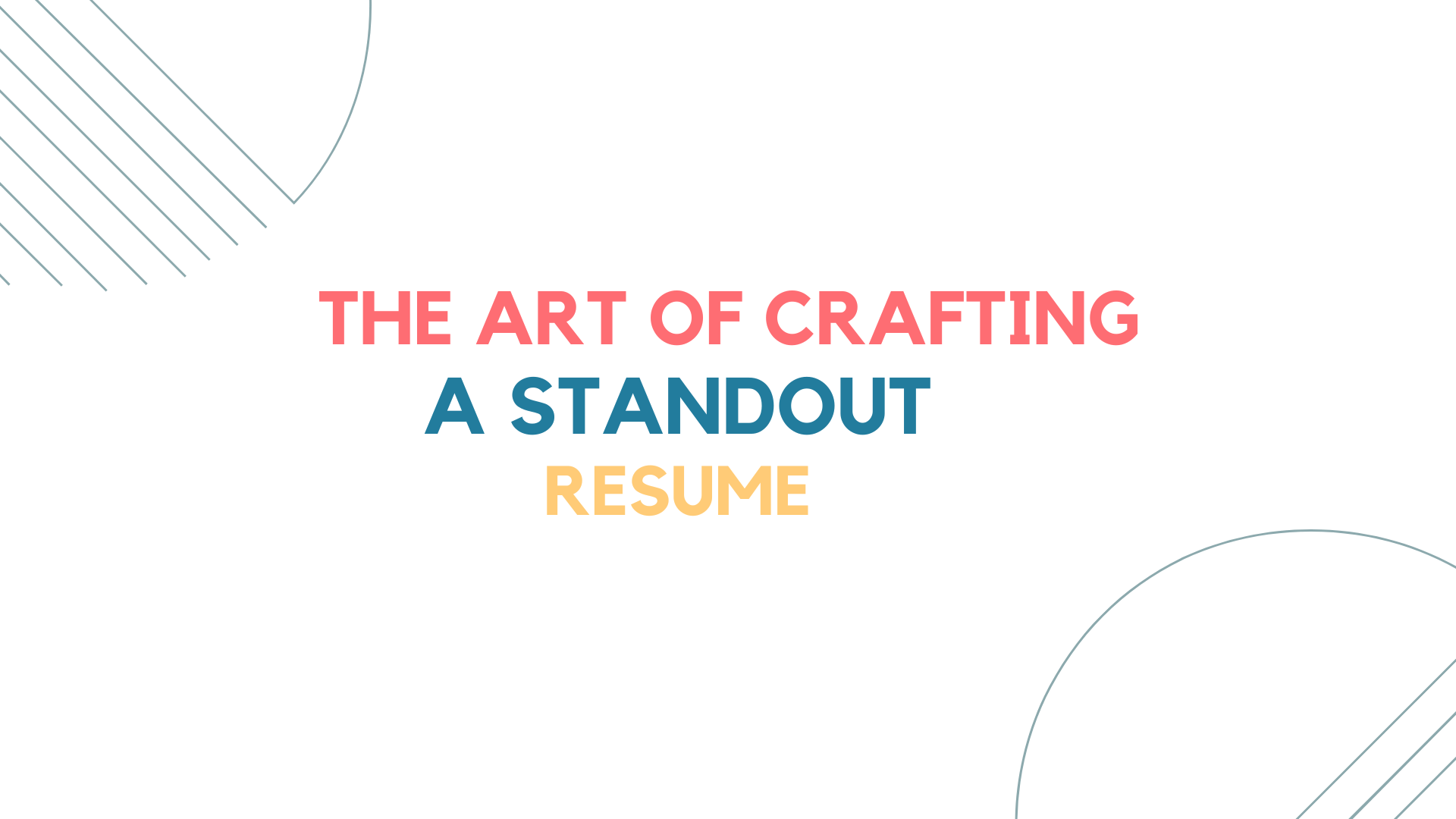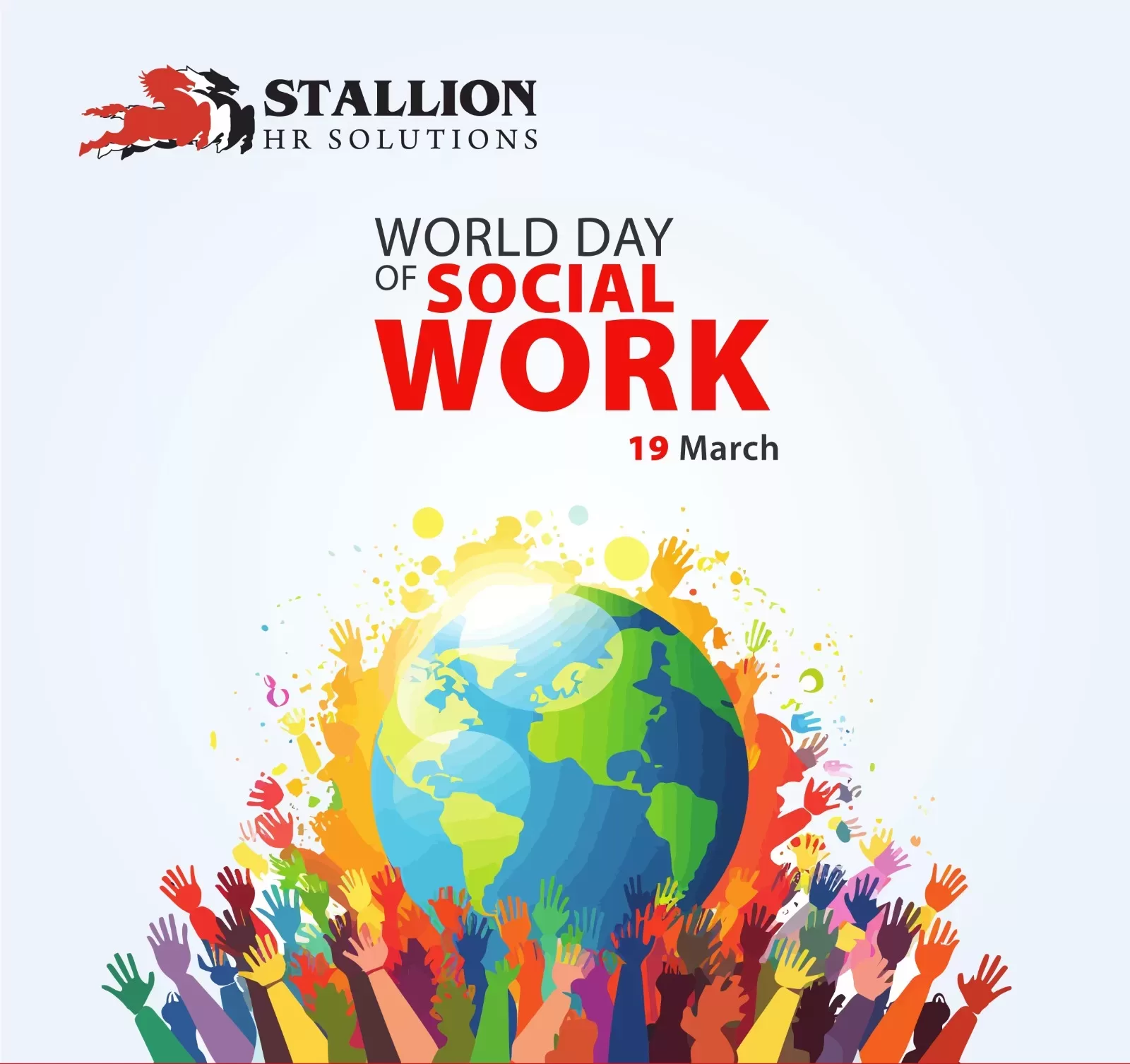Discover how HR outsourcing can drive growth and efficiency for SMEs. Learn about cost savings, access to expertise, flexibility, and improved productivity from top manpower outsourcing companies in Dubai.
Selecting a manpower outsourcing partner is a strategic decision that can significantly impact your organization’s success.
In recent years, Emiratisation has become a key focus for employers and job seekers in the United Arab Emirates (UAE). This initiative, aimed at increasing the participation of Emirati nationals in the workforce, has led to several trends shaping the job market in the UAE. Understanding these trends is crucial for employers looking to support Emiratisation efforts and for job seekers seeking opportunities in the country.
Introduction to Emiratisation
Emiratisation refers to the UAE government’s policy of encouraging the employment of Emirati nationals in both the public and private sectors. Emiratisation aims to create a more diverse and sustainable economy by reducing reliance on expatriate workers and empowering Emiratis in the workforce.
Importance of Emiratisation for Employers
Emiratisation offers several benefits, including access to a pool of talented and motivated Emirati professionals. Hiring Emiratis can also enhance an organization’s reputation and help meet government quotas for Emirati representation in the workforce.
Challenges in Emiratisation
Despite its benefits, Emiratisation faces several challenges, including the preference of some employers for expatriate workers, mismatches between the skills of Emirati job seekers and the needs of employers, and cultural perceptions regarding certain jobs.
Strategies for Employers to Support Emiratisation
To support Emiratisation efforts, employers can implement strategies such as offering training and development programs for Emirati employees, creating a supportive work environment, and promoting Emirati talent within the organization.
Emiratisation Trends in the UAE Job Market
One of the key trends in the UAE job market is the increasing number of Emiratis entering the workforce, particularly in sectors such as finance, healthcare, and education. There is also a growing emphasis on hiring Emirati women and people of determination.
Benefits of Emiratisation for Job Seekers
For job seekers, Emiratisation offers the opportunity to secure stable employment with competitive salaries and benefits. Emiratis are also given priority in hiring for certain government positions and are eligible for scholarships and training programs.
How Job Seekers Can Prepare for Emiratisation
Job seekers can prepare for Emiratisation by acquiring the necessary skills and qualifications, including fluency in Arabic and knowledge of UAE culture and customs. Networking and seeking mentorship from successful Emirati professionals can also be beneficial.
Success Stories of Emiratisation
There are many success stories of Emiratisation, with Emirati professionals making significant contributions to various industries. These success stories serve as inspiration for other Emiratis and demonstrate the potential for career growth and advancement.
Future Outlook of Emiratisation
The future of Emiratisation looks promising, with continued efforts from the government and private sector to increase Emirati representation in the workforce. As the UAE seeks to diversify its economy, Emiratisation will play a crucial role in shaping the country’s future.
Conclusion
Emiratisation is a key initiative in the UAE aimed at increasing the participation of Emiratis in the workforce. Understanding the trends and challenges associated with Emiratisation is crucial for both employers and job seekers looking to take advantage of the opportunities it offers.
FAQ
Emiratisation is the UAE government’s policy of encouraging the employment of Emirati nationals in both the public and private sectors.
Why is Emiratisation important for employers?
Emiratisation offers several benefits for employers, including access to a pool of talented Emirati professionals and an enhanced reputation.
What are some challenges in Emiratisation?
Challenges in Emiratisation include employer preference for expatriate workers and mismatches between the skills of Emirati job seekers and employer needs.
How can employers support Emiratisation?
Employers can support Emiratisation by offering training and development programs for Emirati employees and creating a supportive work environment.
How can job seekers prepare for Emiratisation?
Job seekers can prepare for Emiratisation by acquiring the necessary skills and qualifications and seeking mentorship from successful Emirati professionals.
Tips and Tricks to Land Your Dream JobUnveil the hidden secrets of landing your dream job with these surefire tips and tricks!
1. Introduction
World Social Work Day, celebrated on March 19th every year, is a global event that recognizes the contributions of social workers and acknowledges their tireless efforts in improving the well-being of individuals and communities around the world.
2. History and Significance
World Social Work Day was first observed in 1983 and has since become an important day in the social work calendar. It provides an opportunity to highlight the achievements of social workers and raise awareness about the crucial role they play in society.
3. Theme of 2024
The theme for World Social Work Day 2024 is “Social Work, Essential to the Community,” emphasizing the indispensable nature of social work in building resilient and inclusive communities.
4. Importance of Social Work
Social work is a profession dedicated to helping individuals, families, and communities enhance their well-being and overcome challenges. Social workers work in various settings, including hospitals, schools, and social service agencies, to address a wide range of issues such as poverty, mental health, and domestic violence.
5. Contributions of Social Workers
Social workers make significant contributions to society by advocating for social justice, supporting vulnerable populations, and promoting positive social change. They play a crucial role in empowering individuals and communities to lead fulfilling lives.
6. Challenges Faced by Social Workers
Despite the valuable work they do, social workers face numerous challenges, including heavy workloads, limited resources, and exposure to traumatic situations. These challenges can take a toll on their well-being and effectiveness in delivering services.
7. Supporting Social Workers
It is essential to support social workers by recognizing their efforts, advocating for better working conditions, and providing access to resources and training. By supporting social workers, we can ensure that they can continue to positively impact society.
8. Impact on Communities
The impact of social work extends beyond individual clients to entire communities. Social workers help strengthen communities by addressing social inequalities, promoting social cohesion, and enhancing the quality of life for all residents.
9. Global Celebrations
World Social Work Day is celebrated worldwide, with events and activities organized to honor social workers and raise awareness about social issues. It is a time to reflect on social work’s achievements and the challenges ahead.
10. Exemplary Initiatives
On World Social Work Day, various organizations and individuals are recognized for their exemplary initiatives in the field of social work. These initiatives serve as inspiration for others and demonstrate the positive impact that social work can have on society.
11. Conclusion
In conclusion, World Social Work Day is a time to celebrate the invaluable contributions of social workers and recognize the importance of their work in creating a more just and compassionate world. By supporting social workers and promoting social justice, we can all contribute to building a better future for everyone.
FAQs
- What is the purpose of World Social Work Day? World Social Work Day aims to recognize the contributions of social workers and raise awareness about the importance of their work in society.
- How can I support social workers in my community? You can support social workers by advocating for better working conditions, raising awareness about social issues, and volunteering your time and resources.
- What are some challenges faced by social workers? Social workers face challenges such as heavy workloads, limited resources, and exposure to traumatic situations, which can impact their well-being and effectiveness.
- Why is social work important? Social work is important because it helps individuals, families, and communities enhance their well-being and overcome challenges through advocacy and support.
- How can social work impact communities? Social work can impact communities by addressing social inequalities, promoting social cohesion, and enhancing the quality of life for all residents.
Healthcare outsourcing has become increasingly popular in Dubai, UAE, as healthcare providers seek to streamline their operations, reduce costs, and improve patient care.
Staffing companies play a vital role in connecting job seekers with employers, facilitating recruitment processes, and fostering efficient workforce management.
The top manpower supplier is paramount for business prosperity. This comprehensive guide offers detailed insights,
Dubai, known for its stunning skyline and vibrant lifestyle, is a tourist destination and a thriving hub for job opportunities. The job market in this cosmopolitan city is diverse, reflecting its dynamic economic growth.
Table of Contents
- Introduction
- Dubai’s Economic Landscape
- Technology and Innovation Hub
- Real Estate Boom
- The tourism industry surges
- Financial Services Expansion
- Manufacturing on the Rise
- Healthcare Sector Flourishing
- Education Sector Expansion
- Sustainable Energy Initiatives
- Transportation and Logistics Boom
- Retail and E-Commerce Surge
- Hospitality Industry Boom
- Cultural and Creative Industries Rise
- Agriculture and Food Security Focus
- Telecommunications Growth
- Investment Opportunities
- Government Initiatives
- Challenges and Solutions
- Global Partnerships and Collaborations
- Future Outlook
- FAQs: Which industry is growing fast in Dubai?
Introduction
Dubai, a city of dreams and ambitions, is experiencing a remarkable surge in various industries. This article dives into the dynamic landscape of Dubai’s economic growth, showcasing the sectors that are not just thriving but shaping the future.
Dubai’s Economic Landscape
Dubai’s economic prowess is unparalleled, driven by diverse sectors that contribute to its global standing. From finance to real estate, the city is a beacon of growth and innovation.
Technology and Innovation Hub
In the heart of the desert, Dubai has transformed into a technological marvel. The city’s commitment to innovation is evident in its smart infrastructure and advancements in artificial intelligence.
Real Estate Boom
The skyline of Dubai tells a tale of rapid urbanization. The real estate sector is flourishing, with iconic structures and sustainable developments reshaping the cityscape.
The tourism industry surges
The tourism industry plays a pivotal role in Dubai’s economic success. The city’s blend of modernity and tradition attracts millions of visitors, fueling growth in hospitality, entertainment, and related industries.
Financial Services Expansion
Dubai’s financial sector is expanding, offering a robust platform for global businesses. The city’s strategic location and business-friendly policies make it a financial hub of the future.
Manufacturing on the Rise
Once known primarily for trade, Dubai is now emerging as a manufacturing hub. The city’s focus on diversification is evident in the growth of its industrial sector.
Healthcare Sector Flourishing
Dubai’s commitment to providing world-class healthcare services has led to significant growth in the healthcare sector. Cutting-edge facilities and medical tourism contribute to this expansion.
Education Sector Expansion
Education is a cornerstone of Dubai’s development. The city is witnessing a surge in educational institutions, offering a diverse range of programs and attracting students globally.
Sustainable Energy Initiatives
Dubai is not just growing economically; it’s doing so sustainably. The emphasis on renewable energy sources and eco-friendly practices marks a new era for the city.
Transportation and Logistics Boom
The strategic location of Dubai has turned it into a global transportation hub. Ongoing infrastructure projects and advancements in logistics further solidify its position.
Retail and E-Commerce Surge
The retail sector in Dubai is experiencing a digital revolution. Traditional markets coexist with futuristic shopping experiences, making it a haven for both local and online businesses.
Hospitality Industry Boom
Luxurious hotels, fine dining, and exceptional service define Dubai’s hospitality industry. The city’s tourism boom has propelled the growth of this sector.
Cultural and Creative Industries Rise
Dubai’s commitment to fostering creativity is evident in its flourishing cultural scene. From art galleries to film festivals, the city is becoming a cultural hub.
Agriculture and Food Security Focus
In a region known for its arid climate, Dubai is investing in agriculture. Innovative techniques and sustainable practices are ensuring food security for the future.
Telecommunications Growth
Dubai’s connectivity is unparalleled. The telecommunications sector is witnessing continuous growth, enhancing communication infrastructure for businesses and residents.
Investment Opportunities
Investors find fertile ground in Dubai. The city’s diverse economy offers a range of investment opportunities, attracting entrepreneurs and businesses from around the world.
Government Initiatives
Dubai’s growth is not accidental; it’s a result of strategic government initiatives. Policies supporting businesses, innovation, and sustainability create an ideal environment for growth.
Challenges and Solutions
While Dubai thrives, it faces challenges. This section explores obstacles and the innovative solutions the city is adopting to overcome them.
Global Partnerships and Collaborations
Dubai’s growth is not confined to its borders. Global partnerships and collaborations play a crucial role in propelling the city’s industries to international prominence.
Future Outlook
Peering into the future, Dubai’s trajectory seems promising. Continued innovation, sustainable practices, and a business-friendly environment position the city for enduring success.
FAQs: Which industry is growing fast in Dubai?
Q: What factors contribute to Dubai’s economic growth?
Dubai’s economic growth is fueled by a combination of factors, including strategic government initiatives, a business-friendly environment, global partnerships, and a commitment to innovation.
Q: Is Dubai’s real estate market sustainable?
Yes, Dubai’s real estate market is on a sustainable path with a focus on eco-friendly developments and a robust regulatory framework.
Q: How is Dubai addressing challenges in its growth?
Dubai adopts a proactive approach, leveraging innovation and technology to address challenges. Government initiatives, collaborations, and sustainable practices are key components of this strategy.
Q: Are there opportunities for investors in Dubai?
Absolutely. Dubai offers diverse investment opportunities across sectors, providing a favorable environment for both local and international investors.
Q: How is Dubai ensuring food security?
Dubai is investing in innovative agricultural practices and technologies to ensure food










